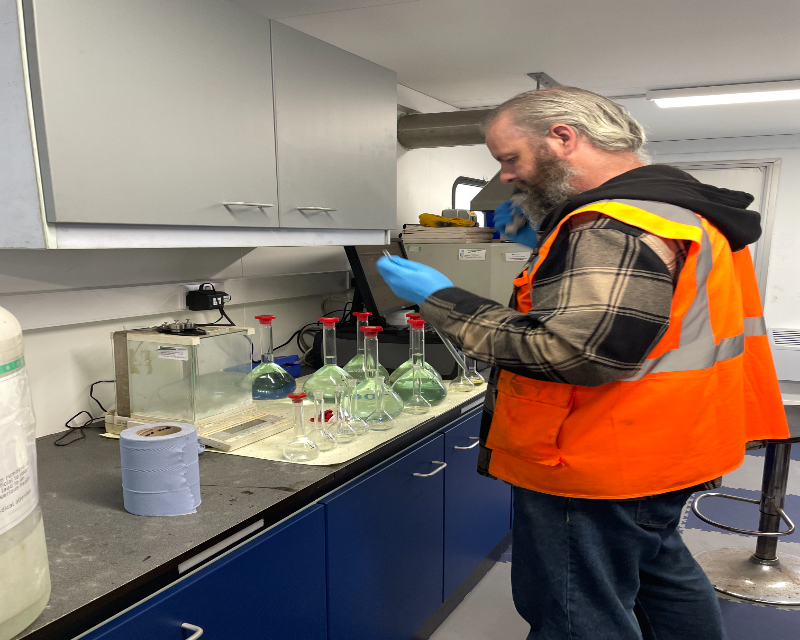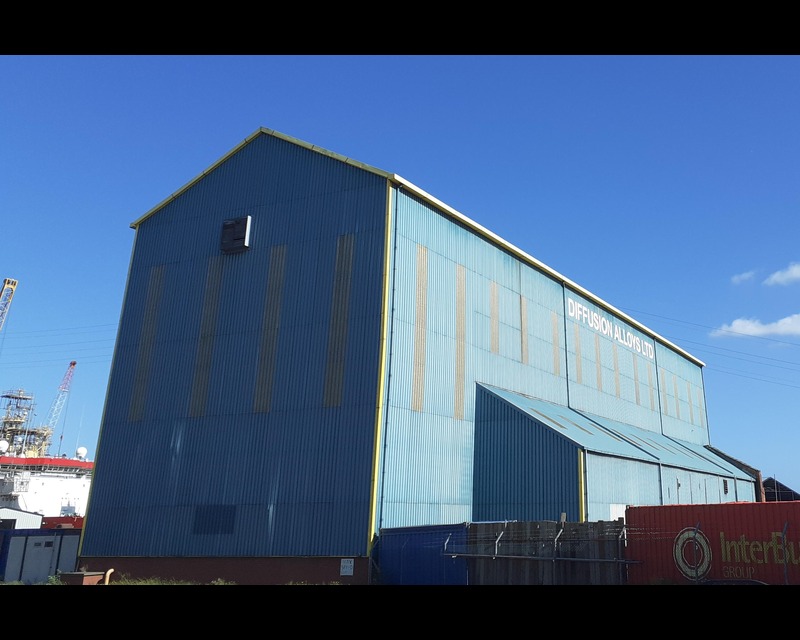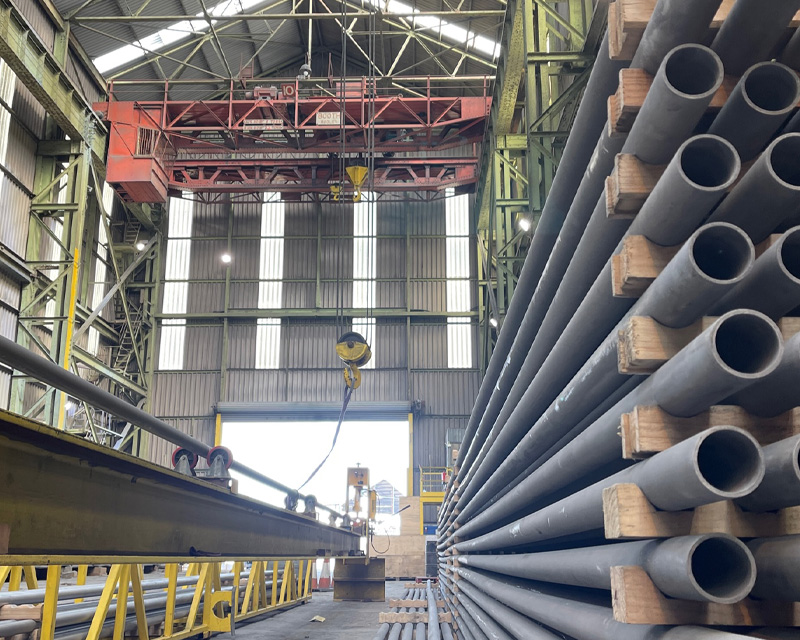
High-Temperature Component Protection
At elevated temperatures, metals face a relentless combination of oxidation, carburisation, sulfidation, and thermal fatigue.
These mechanisms gradually degrade the surface, change material chemistry, and lead to mechanical failure. For industries that depend on continuous high-temperature operation, hydrogen reforming, aerospace, power generation, and chemical processing, reliable surface protection isn’t optional; it’s essential. Diffusion coatings provide one of the most robust defences available. By modifying the surface at the atomic level, they form stable, protective layers that remain chemically and mechanically integrated with the base metal, even at temperatures beyond 1000°C.
Why Metals Fail at High Temperature
At high temperatures, most engineering alloys react readily with oxygen, carbon, or sulphur in the operating environment. This reaction leads to scale formation, metal loss, and microstructural changes that reduce strength and ductility.
• Oxidation forms unstable oxide scales that spall under thermal cycling.
• Carburisation changes surface chemistry and promotes embrittlement.
• Sulfidation produces low-melting sulphide phases that accelerate corrosion.
• Metal dusting — a combination of carburisation and oxidation, disintegrates alloys into fine powder in carbon-rich atmospheres.
Once these processes start, they are self-sustaining and difficult to stop. Prevention through engineered surface modification is the only reliable long-term solution.
The Role of Diffusion Coatings
Diffusion coatings protect metals by changing how the surface interacts with its environment. Through processes such as aluminising, chromising, or duplex coating, alloying elements are diffused into the metal surface to form intermetallic compounds with outstanding thermal and chemical stability. For example:
• Aluminising creates FeAl or NiAl layers that form a stable aluminium oxide (Al₂O₃) scale, resisting oxidation and metal dusting.
• Chromising forms chromium-rich surfaces that produce protective chromia (Cr₂O₃) layers resistant to sulfidation and carburisation.
• Boronising provides hard, wear-resistant boride layers ideal for components facing friction and erosion at high temperature.
Because these coatings are metallurgically bonded, they remain intact through thousands of heating and cooling cycles.
Applications in High-Temperature Service
Diffusion coatings are used across many industries to safeguard components exposed to heat and reactive gases:
• Hydrogen reformers and chemical reactors – protecting tubes, manifolds, and fittings from carburisation and metal dusting.
• Gas turbines and aerospace engines – preventing oxidation and corrosion in nickel and cobalt superalloys.
• Power generation systems – coating boiler tubes and heat exchangers to improve longevity and efficiency.
• Industrial furnaces and kilns – increasing service life of fixtures, baskets, and radiant tubes.
• Energy-transition technologies – improving reliability in high-temperature hydrogen and syngas environments.
These applications share one requirement: predictable, durable surface performance under extreme thermal stress.
Engineering and Process Control
Effective high-temperature protection depends on precise process control. Diffusion Alloys’ coating systems are engineered around:
• Base alloy composition – selecting coating chemistry to complement the substrate.
• Operating temperature and gas composition – tuning diffusion depth and oxide-forming potential.
• Component geometry – ensuring uniform coating on internal and external surfaces.
• Service life targets – balancing layer thickness, diffusion depth, and surface stability.
Our pack cementation and vapour-phase methods allow uniform diffusion even on complex shapes and internal channels, critical for tubular reformer and turbine components.
Why Choose Diffusion Alloys
Diffusion Alloys has specialised in high-temperature protection for more than sixty years. Our coatings are used in some of the world’s most demanding environments, from hydrogen reformers to jet engines, where failure is not an option. Each coating system is supported by metallurgical testing, hardness profiling, and oxidation/corrosion trials to confirm performance before application. We combine materials science knowledge with operational understanding, delivering coatings that are both technically proven and practically engineered for the environments in which they operate. That experience makes Diffusion Alloys a trusted partner for organisations seeking durable, predictable, and technically validated surface protection.



